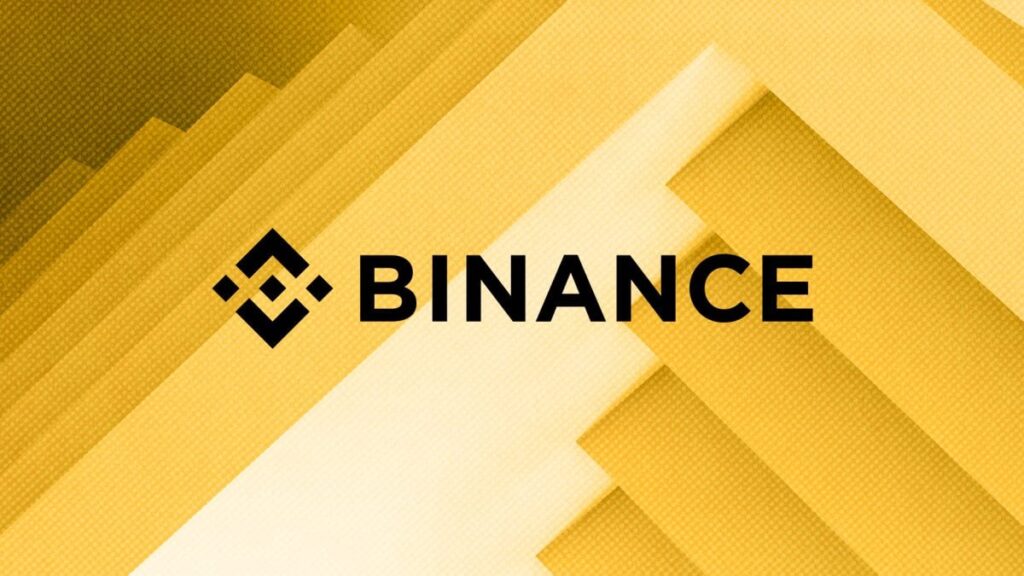Summary
Binance, the largest crypto exchange, appeared in court to have a lawsuit brought against it by the Securities and Exchange Commission (SEC) dismissed. Both parties faced questions from the judge regarding whether certain cryptocurrencies should be considered securities. The judge questioned whether BNB and BUSD met the criteria of the Howey test, which determines if an asset is a security. The SEC sued Binance in June, accusing the exchange of lying to customers, failing to restrict US investors, and operating as an unregistered exchange. The judge also questioned the SEC about its clarity in applying rules to the crypto industry. The SEC argued that Binance’s promotion of its business and tokens created reasonable expectations of profit. The court also discussed whether sales of tokens on the secondary market should be treated the same as primary token sales. The SEC argued that if a token has security qualities, it carries them through any sale. The SEC also argued that BUSD should be considered a security because it was sold as a package with services allowing users to earn yield. The SEC cited a December summary judgment in a case against Terraform Labs as precedent. The court also discussed the major questions doctrine, which Binance claimed applied to its case. The judge expressed doubt about the doctrine’s applicability in this instance.
Key Points
1. Binance, the largest crypto exchange in the world, appeared in court to seek the dismissal of a lawsuit filed against it by the Securities and Exchange Commission (SEC). The judge questioned both parties regarding the classification of certain cryptocurrencies as securities and subject to SEC regulations.
2. The SEC accused Binance Holdings and its former CEO Changpeng Zhao of various infractions, including misleading customers, allowing unauthorized US investors, directing funds to separate investment funds owned by Zhao, and operating as an unregistered exchange. The SEC also claimed that 12 tokens listed on Binance, including BNB and BUSD, were securities.
3. The hearing also focused on the interpretation of the Howey test, a set of parameters used by the SEC to determine if an asset qualifies as a security. Binance argued that an actual contract must be involved for an asset to be considered a security, while the judge emphasized that case law has established a broad interpretation of the statute. The SEC claimed that Binance’s promotion of its business and tokens created expectations of profit, while Binance’s lawyers argued that promotion alone cannot determine security status.
Please note that these points have been summarized and may not include all the details provided in the original text.


